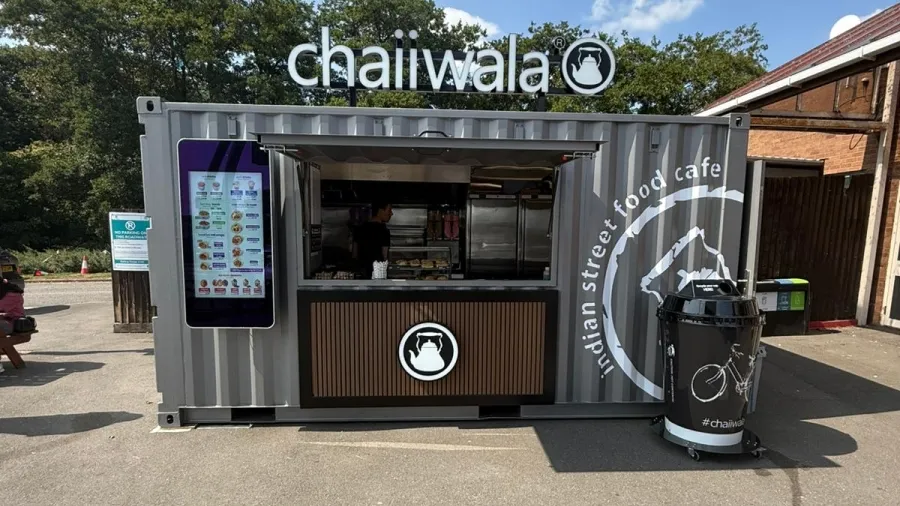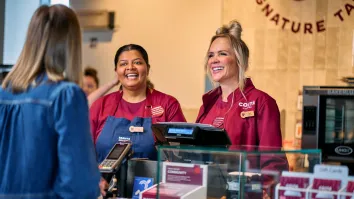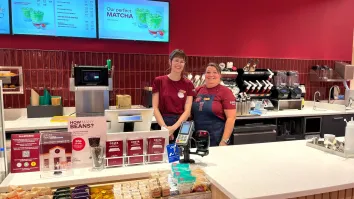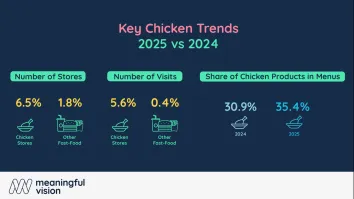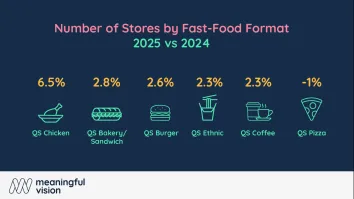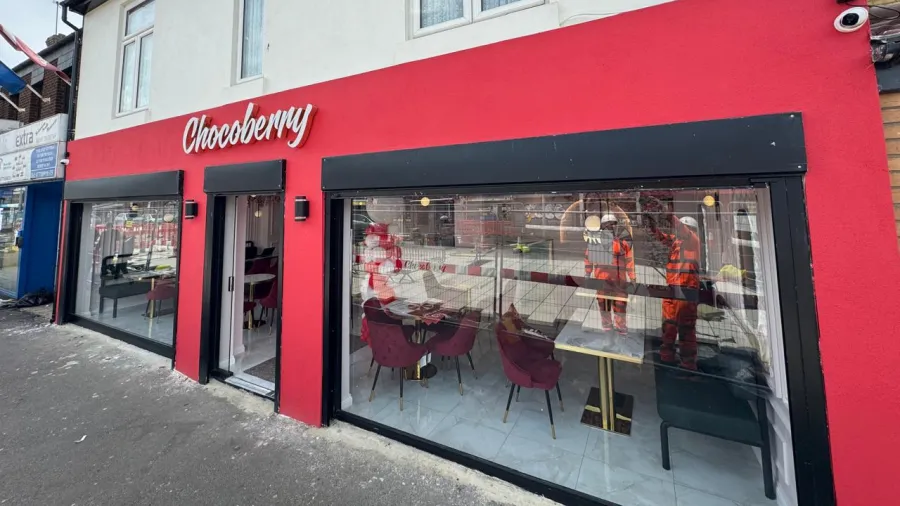
Chocoberry expands in UK with Gen Z-Driven growth
It sold 16 franchises in the past 14 months.
Chocoberry Ltd. is pushing ahead with expansion in the UK despite rising costs and weak consumer spending, banking on its in-house production, affordable pricing, and Gen Z appeal to sustain growth.
Ameer Nurmahomed, UK General Manager at Chocoberry, noted that after seven years of steady investment in its supply chain and operations, the company is now reaping the benefits, helping it withstand the country’s challenging economic environment.
“We keep an eye on our price and make it profitable for franchisees,” he told QSR Media. “We also control a lot of our costs with our in-house production."

Launched in Leicester in 2018, Chocoberry is a café chain known for all-day breakfast and premium desserts. It now operates 18 branches, mostly in the UK, with two in the United Arab Emirates. Unlike many UK food chains that reported falling sales,
Chocoberry’s revenue surged 53% in the first half.
The company’s 5,000-square-metre bakery supplies about 90% of goods directly to franchise partners, ensuring quality control and reducing outsourcing costs.
“It’s more affordable for franchise partners to buy from us, so their markup is very good and they make more profit whilst keeping customers happy,” Nur said via Zoom.
Chocoberry’s cost efficiency stands out as UK dining and takeaway activity dropped 15% in September, according to a Boston Consulting Group report.

Nur said the brand’s social media strategy and Gen Z-oriented menu innovations have also fueled growth. Its research and development team tracks emerging trends, recently launching a kunafa chocolate range with eight variations that went viral on TikTok, amassing more than 37,000 views.
“Within the last 14 months, we managed to sell 16 locations because of our success and presence on social media,” Nur said. He added that Chocoberry’s franchise model is 30% to 40% cheaper than most rivals.
The brand is now eyeing international growth, with plans to enter Canada and open a branch in Istanbul. But the UK remains its main focus, with 17 new sites planned by mid-2026.
“My plans for 2026 are to hit the 50-mark and, in the next two years, reach 100,” Nur said.

